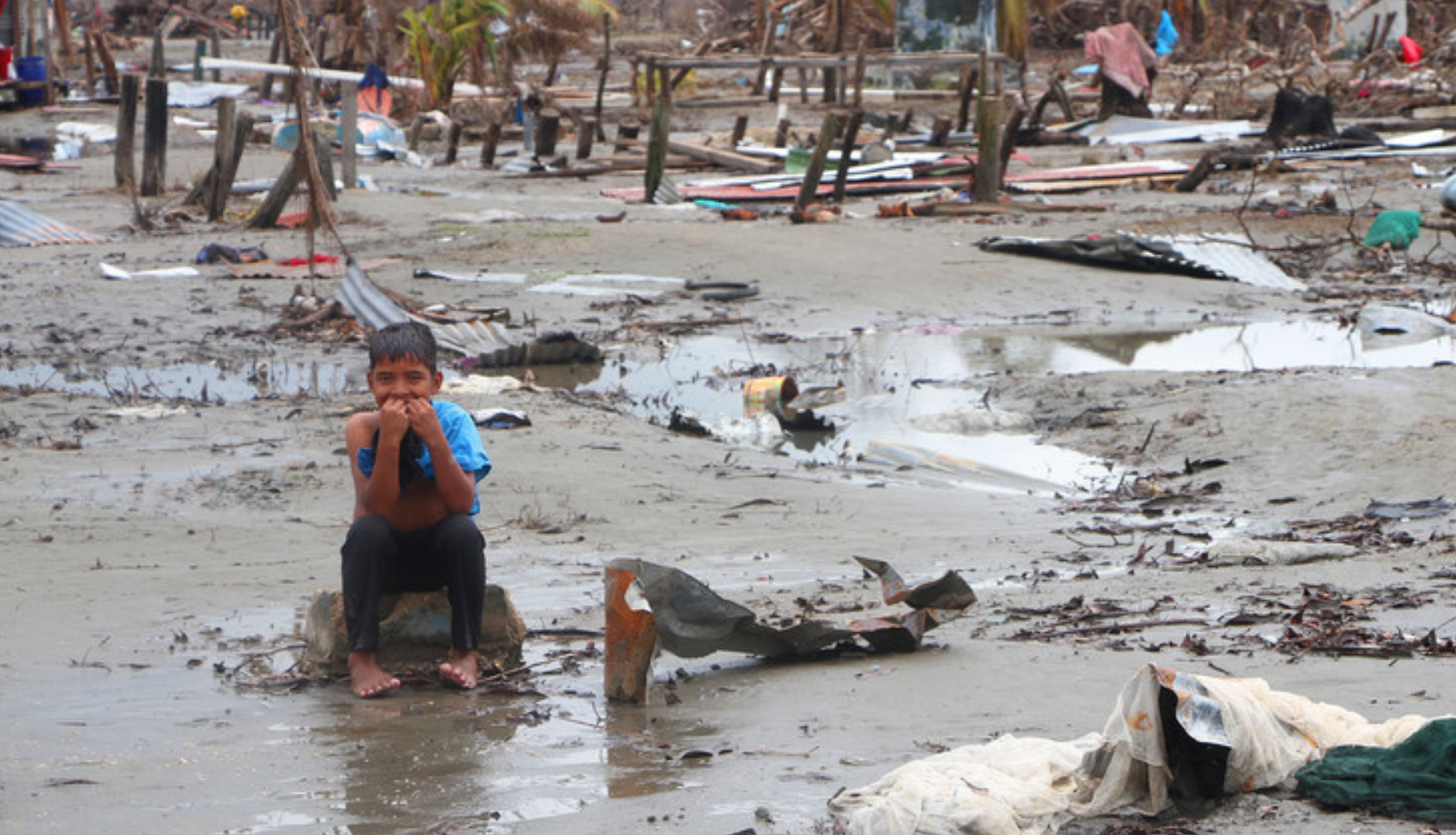After two weeks of negotiations in the Egyptian city of Sharm el-Sheikh, the global climate summit COP27 ended on November 20 once again with unsatisfactory results.
The goal of preventing temperatures from exceeding 1.5 °C above pre-industrial levels has remained on paper for seven years. However, the “Sharm el-Sheikh Implementation Plan” that was agreed upon includes no mention of reducing the use of fossil fuels. In other words, there is a target without a plan.
The summit was saved from failure because the developing countries managed to secure, after decades of effort, a commitment to the creation of a compensation fund for loss and damage. With this fund, developed countries would compensate vulnerable countries for the impacts of climate change. What was promised? Only US$260 million is not even known exactly where it will come from and to which countries it will be directed. The details of this initiative will not be finalized until the next summit. This commitment is not very encouraging, considering the unfulfilled 2009 promise by rich countries to provide US$100 billion a year by 2020 in climate finance for poor countries.
Although it is becoming increasingly clear that little can come out of these types of summits to solve a problem of such magnitude as the climate crisis, it is interesting to observe the dynamics of rivalry on climate issues between the biggest emitters of CO2 and at the same time global powers. On the one hand, China and the United States, and on the other, the role of regions such as Latin America. The latter is key to environmental protection and is situated in the midst of hegemonic disputes.
In the case of China, President Xi Jinping did not attend the summit and instead sent Xie Zhenhua as an official delegate who reiterated China’s position, indicating that it is up to the United States to clear the barriers created by the visit of the Speaker of the U.S. House of Representatives Nancy Pelosi to Taiwan, in order to unblock the bilateral negotiations on climate change initiated in 2021. Regarding the compensation fund, China supports it, but not with money, and stressed its status as a vulnerable country affected by extreme weather events.
For his part, U.S. President Joe Biden’s delegate, John Kerry, focused attention on China and the hope that the Asian giant will live up to its global responsibility. In the end, the “good news” from the two most polluting countries on the planet was a “we are back at the table to try to meet our commitments.”
The strategic challenges facing Latin American countries in the face of climate change
The politicization of the climate agenda by the world’s largest emitters is worrying. This calls for a strategic repositioning of Latin America and the Caribbean, especially in the current context of overlapping crises – food, energy, geopolitical, economic, and debt.
It is well known that Latin America and the Caribbean do not act as a unified actor in climate negotiations. However, the joint communiqué presented by the Community of Latin American and Caribbean States (CELAC) during the negotiations on the issue of climate finance is noteworthy.
Another aspect that saved the region from invisibility was the participation of the Brazilian incoming president Luiz Inácio Lula da Silva, who in addition to announcing national plans for Brazil – zero deforestation and the creation of a Ministry of Indigenous Peoples – left the message, for many hopeful, that “Brazil is back” to reposition itself as a proactive actor on climate issues. On the other hand, Presidents Gustavo Petro of Colombia and Nicolás Maduro of Venezuela proposed a grand alliance to protect the Amazon rainforest and relaunch the Amazon Cooperation Treaty (ACTO).
It is unclear whether the reconfiguration of forces in the region toward the left and the increasingly coordinated position of CELAC imply a future regional climate agenda or common positioning vis-à-vis developed countries. Of course, it is encouraging to know that climate denialism in the Brazilian government is at the end of its days. But how will President Lula da Silva be able to reconcile a climate agenda with the interests of agribusiness in the country and its powerful lobby? A similar reflection applies to the rest of the Latin American countries dependent on agribusiness and increasingly close ties with China in the raw materials sector.
* This text was originally published on the REDCAEM website.
Translated from Spanish by Janaína Ruviaro da Silva













